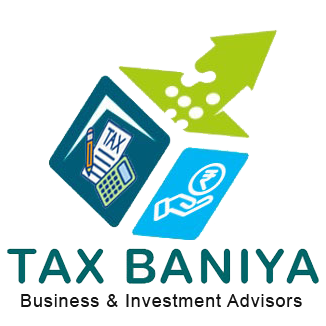An Income Tax Return (ITR) is a crucial document for taxpayers in India, used to report their income and tax liabilities to the Income Tax Department. It’s mandatory for various entities, including individuals, businesses, and Hindu Undivided Families (HUFs), to file their returns within the specified timeframe to avoid penalties.
There are different types of ITR forms catering to various taxpayer categories:
- ITR 1 (Sahaj): For individuals with income from salary/pension and one house property, earning less than Rs 50 lakh annually.
- ITR 2: Used by individuals earning income from asset sales or from foreign sources.
- ITR 2A: Suitable for individuals/HUFs with income from multiple house properties but not from business or profession.
- ITR 3: Applicable to individuals/HUFs who are partners in a firm but don’t earn income from the firm’s business.
- ITR 4 (Sugam): For individuals/businesses/professionals with income from business or profession.
- ITR 5: Exclusively for firms, local authorities, co-operative societies, etc.
- ITR 6: For companies except those claiming tax exemption under Section 11.
- ITR 7: Required for entities like trusts, colleges, political parties, etc., claiming exemptions.
Who should file ITR:
- Assessees with total income exceeding Rs. 5 lakhs.
- Residents with assets outside India.
- Those falling under specific sections of the Income Tax Act.
- Individuals claiming relief or deductions under specified sections.
- Residents with authority over foreign accounts.
- Businesses and entities subject to audit requirements.
The process of filing ITR can be done online or offline:
Online Mode:
- Determine tax liability.
- Visit the official income tax e-filing portal.
- Fill in details and upload required documents.
- Validate and submit.
Offline Mode:
- Download relevant ITR form from the portal.
- Fill details offline and gather necessary documents.
- Generate JSON file of ITR form.
- Upload the JSON file on the portal to submit.
The due date for filing ITR for the financial year 2022-23 (Assessment Year 2023-24) without late fees is July 31, 2023. Late filing can attract penalties up to Rs 10,000 for individuals with income over Rs 5 lakh, depending on the delay.

Call / WhatsApp : 8928231748
Income Tax Consultants
IT Returns Filings

